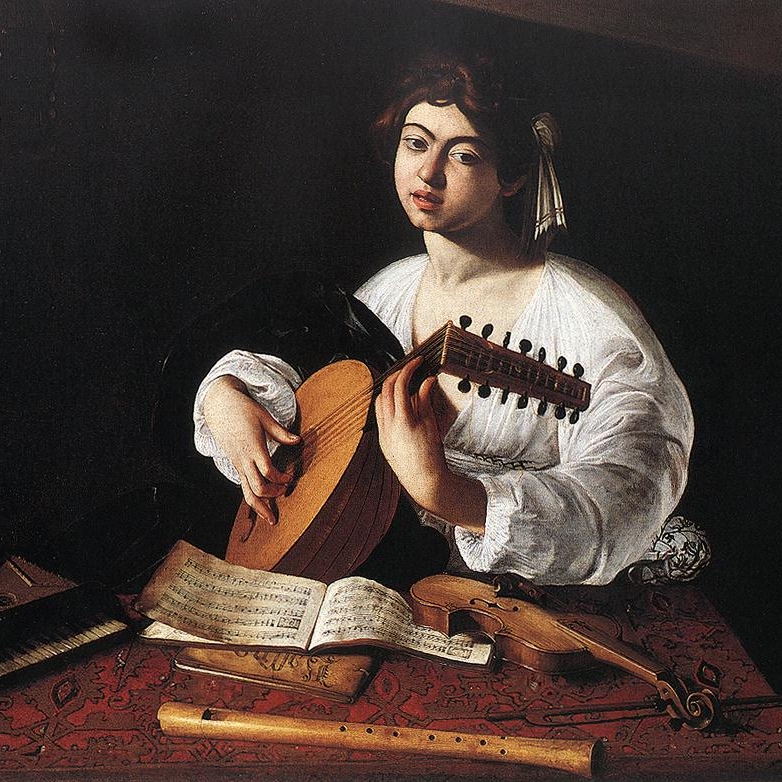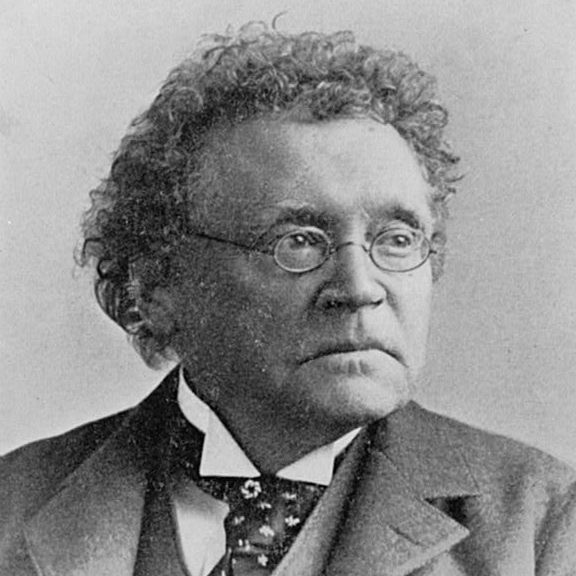A harper prince, Glasgerion, is admired by the king of Normandy's daughter and invited to meet her in her bedchamber. Before lying down to take a short rest, Glasgerion tells his page, Jack, of the planned tryst. Jack assures Glasgerion that he will waken him in time. Once Glasgerion is asleep, Jack dons his clothes and makes his way to the lady's bedchamber. Whether it was dark or the lady suffered from poor vision is unclear, but she lets Jack in and they have a brief encounter. Later, when Glasgerion awakens and goes to the lady, she realizes what has happened, and fearful of having conceived from her joining with Jack, kills herself. Glasgerion seeks out Jack and states that Jack has killed three people with his actions. He then decapitates Jack, and kills himself.
This ballad is presented as a dialogue between Edward and his mother. The mother asks, why is there blood on your sword? The son replies that he has killed his hawk. The mother doesn't believe this explanation, and the son then claims he has killed his horse. The mother doesn't believe this either. The son finally confesses that he has killed his father. Accepting this, seemingly without any sorrow, the mother then asks her son what he will do with his property, wanting to know what she will receive. A curse from hell, the son replies, and goes on to implicate his mother in the murder.
Lord Ingram and Chiel Wyet, brothers, both fall in love with the Lady Maisery. Lord Ingram courts her publicly in her father's hall, while Chiel Wyet courts her between the sheets of her bed. When Maisery's father tells her that she has been betrothed to Lord Ingram, the Lady Maisery states that she'd rather wed with Wyet, stating dramatically that she'd rather be a fisherman's wife or beg for her bread than to wear the silks and gold of Lord Ingram.
She sends a messenger to Wyet, who, though grieved by the news seems to accept it. The wedding goes off as planned, and afterward, in the bedchamber, Lord Ingram, with his hand on Maisery's side, states that he believes she is with child. Maisery admits this, saying that she told Lord Ingram that Wyet had been her lover. She refuses to accept Lord Ingram's suggestion that she pass the child off as his. Wyet appears, seemingly out of nowhere. He stabs Lord Ingram in the heart, who retaliates with a blow of his own. With her lover and her husband both dead due to her deeds, Lady Maisery goes mad.
A family quarrel, arising from an envious brother's anger and disappointment at the size of his sister's, Sarah's, dowry, results in bloodshed and sorrow. Sarah's father urges her to restrain her grief, saying that he will wed her with as good a lord as she has lost; she rejects his offer.
Francis J. Child, editor of The English and Scottish Popular Ballads, states that James Hogg, in sending this ballad to him, regarded this ballad as based on an event which occurred in Scotland:
"The hero of the ballad is said to have been of the name of Scott, and is called a knight of great bravery. He lived in Ettrick, some say at Oakwood, others Kirkhope; but was treacherously slain by his brother-in-law, as related in the ballad, who had him at ill will because his father had parted with the half of all his goods and gear to his sister on her marriage with such a respectable man."
Child, The English and Scottish Popular Ballads, Vol. IV, page 163.

Ballads were particularly characteristic of the popular poetry and song of the British Isles from the later medieval period until the 19th century. ... Read more at Wikipedia.

Francis James Child (1825-1896) was an American scholar, educator, and folklorist, best known today for his collection of English and Scottish ballads now known as the Child Ballads. ... Read more at Wikipedia.